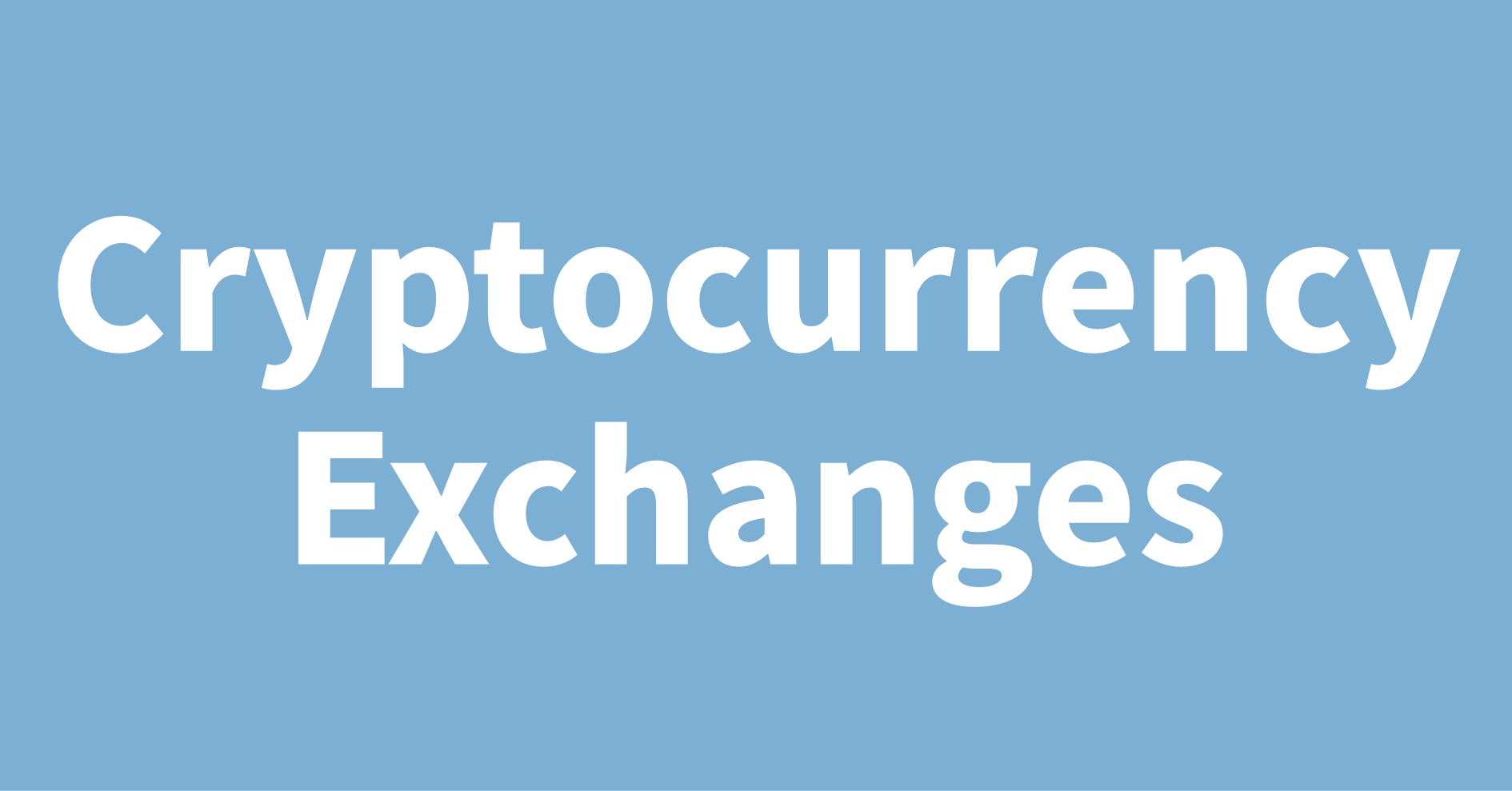
I would like to know Decentralized EXchanges (DEXs)!
Reliability of This Article
by Our Founder/CEO&CTO Hiroyuki Chishiro
- He has been involved in 12 years of research on real-time systems.
- He teaches OS (Linux kernel) in English at the University of Tokyo.
- From September 2012 to August 2013, he was a visiting researcher at the Department of Computer Science, the University of North Carolina at Chapel Hill (UNC), Chapel Hill, North Carolina, United States. He has been involved in research and development of real-time Linux in C language.
- He has experienced in more than 15 years of programming languages: C/C++, Python, Solidity/Vyper, Java, Ruby, Go, Rust, D, HTML/CSS/JS/PHP, MATLAB, Verse (UEFN), Assembler (x64, ARM).
- While a faculty member at the University of Tokyo, he developed the "Extension of LLVM Compiler" in C++ language and his own real-time OS "Mcube Kernel" in C language, which he published as open source on GitHub.
- In January 2020-Present, he is CTO of Guarantee Happiness LLC, Chapel Hill, North Carolina, United States, in charge of e-commerce site development and web/social network marketing. In June 2022-Present, he is CEO&CTO of Japanese Tar Heel, Inc. in Chapel Hill, North Carolina, United States.
- We have been engaged in disseminating useful information on AI and Crypto (Web3), and working on game development with Unreal Editor for Fortnite (UEFN).
- We have written more than 20 articles on AI including AI chatbots such as ChatGPT, Auto-GPT, Gemini (formerly Bard). He has experience in contract work as a prompt engineer, manager, and quality assurance (QA) for training ChatGPT/Gemini in several companies in San Francisco, United States (Silicon Valley in the broadest sense of the word).
- We have written more than 40 articles on cryptocurrency (including smart contract programming). He has experience as an outsourced translator of English articles on cryptocurrency into Japanese for a company in London, England.
- We have developed more than 10 games on UEFN and published on Fortnite (Fortnite, Fortnite.GG).
You can learn from us.
Open your account on our recommended cryptocurrency exchanges!
Table of Contents
What is Decentralized EXchanges (DEXs)?
Decentralized EXchanges (DEXs) are cryptocurrency exchanges that allow direct Peer-to-Peer (P2P) exchange of cryptocurrency over the Internet without any intermediary (company), while maintaining security.
The advantages of DEXs are that it reduces the risk of cracking by intermediaries and maintains anonymity.
The disadvantage of DEXs is that if a password or private key is stolen, it cannot be recovered, and there is no intermediary to contact.
In contrast, exchanges such as MEXC and Gate.io are centralized exchanges where transactions are mediated by intermediaries.
On centralized exchanges, if a password or private key is stolen, the problem can be solved by contacting the intermediary.
Having a point of contact for inquiries is both an advantage and a disadvantage.
If you would like to trade cryptocurrency on a centralized exchange, read the following!
For an explanation of DEXs, these videos are easy to understand.
Examples of DEXs
We introduce examples of DEXs.
Uniswap
Uniswap is a DEX that automatically mediates exchange transactions between cryptocurrencies on the Ethereum blockchain via smart contracts.
Click the following to watch videos explaining Uniswap.
PancakeSwap
PancakeSwap is a decentralized exchange running on the Binance Smart Chain (BSC) that allows users to trade cryptocurrencies and tokens without intermediaries.
Click the following for explanatory videos of PancakeSwap.
SushiSwap
SushiSwap is a DEX cloned from Uniswap.
While Uniswap tends to be more traditional (conservative) as a DEX, SushiSwap is innovative and characterized by its "open organization".
Click the following to watch videos of SushiSwap.
QuickSwap
QuickSwap is a DEX powered by the polygon blockchain.
These are videos of QuickSwap.
Summary
We introduced Decentralized EXchanges (DEXs), which are Peer-to-Peer (P2P) cryptocurrency exchanges.
We also described Uniswap, PancakeSwap, SushiSwap, and QuickSwap as examples of DEXs.
Open your account on our recommended cryptocurrency exchanges!
